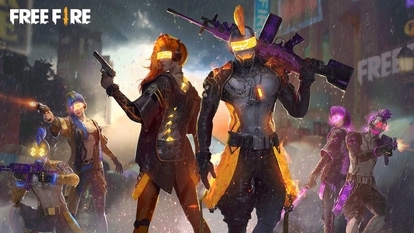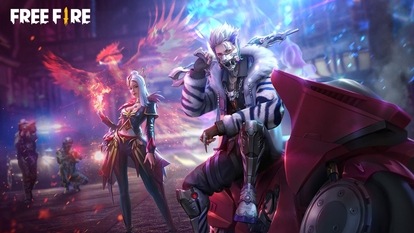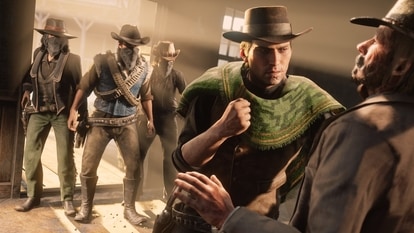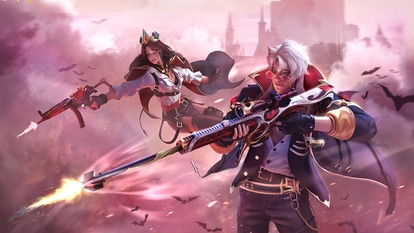Twitter new CEO Jack Dorsey will do well to build on platform's reach
What Twitter does have going for it is a position of influence thanks to powerful people around the world—everyone from Bollywood stars to Presidents, using it to connect with fans and bypass the press to break news directly to the public. It’s now an invaluable tool for journalists and marketers but hardly for anyone else.
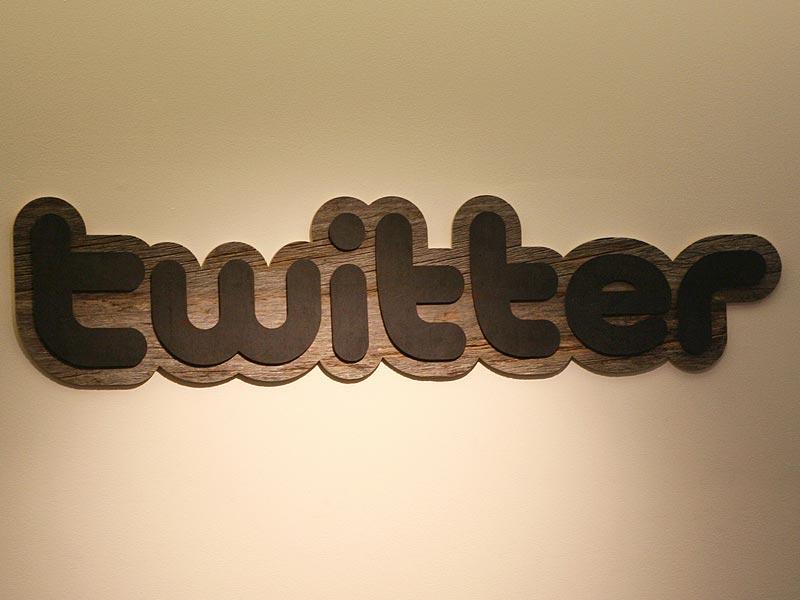

If you haven't read Nick Bilton's Hatching Twitter yet, I recommend you grab a copy immediately. In the 2013 bestseller, Bilton, a technology journalist at The New York Times, lays bare the brazen backstabbing and power struggle out of which Twitter, the social networking phenomenon, was born (wait for the TV series if you hate books).
It's a 320-page "gripping drama of betrayed friendships and high-stakes power struggles," says the The New York Times, but here's the outcome in a nutshell: by 2008, just two years after Twitter was launched, co-founder Jack Dorsey was out; co-founder Evan Williams became CEO. Two years later, Williams would be ousted by the board and Dick Costolo, who was the company's chief operating officer, became CEO.
On Thursday, Costolo announced that he would be stepping down as CEO after a nearly five-year stint; Dorsey, who was still on the board, would step up as interim CEO from July 1.
"[So] While there is never a perfect time for transitions like this, the stability and performance of the organization gives me confidence that this transition will be smooth," wrote Costolo in a letter to Twitter employees.
What Costolo does reiterate in the barrage of interviews that he's given since the news broke is that he's not stepping down because of pressure from Wall Street investors on the company to grow.
"Nope, nay, not," he declared .
But even with Costolo's seemingly reasonable explanation for moving on —"I want to start, you know, thinking about what's next in life for me"—it's hard to ignore what a troubled company Twitter is. In April, Twitter reported its weakest quarterly revenue growth yet that brought its stock down by almost 20%. The company currently has 320 million active users, far behind Facebook's massive 1.4 billion. Worse, rivals like Facebook-owned Instagram with 300 million users and Snapchat with about 100 million threaten to surpass it entirely.
It's not all doom and gloom. In his five-year reign, Costolo single-handedly took the company's evaluation from zero dollars to over $25 billion. But the company's slow growth in the $50.7 billion US digital advertising market hasn't pleased investors. According to data firm eMarketer, Twitter owned 1.6% of this market in 2014 compared with 1% in 2013. In comparison, rival Facebook went from 7.6% in 2013 to 10.4% 2014. Indeed, The Atlantic's Robinson Meyer calls Costolo's half a decade at Twitter "an annal of missed opportunities."
Costolo's Twitter completely missed the instant messaging boat. Even as nimbler rivals like WhatsApp, Line, SnapChat and WeChat exploded in countries around the world, Twitter's own Direct Messaging platform was a bug-ridden, stagnant mess. Twitter's recent improvements to the service—the ability to send photos and the removal of the 140 character limit in Direct Messaging were ultimately too little too late. Unlike Facebook, which broke out its Messenger service into its own separate app that is now its a platform in its own right, Twitter's Direct Messaging service never really took off.
Worse, Twitter shot itself in the foot by abruptly cutting off third-party developers trying to build on its platform by building their own Twitter apps. For Twitter, the move was both a consolidation of power and an attempt to create a revenue stream by running "Promoted Tweets" in people's timelines. It essentially needed to bring all its users on a common to serve them sponsored tweets, and if users were accessing Twitter from unofficial apps, well, that wouldn't work. In doing so, Twitter angered its earliest and most loyal fans.
The harshest criticism levelled at the company is its utter inability to control abuse and trolling on its platform. In August 2014, the late actor Robin Williams' daughter, Zelda Williams, deleted her account after being consistently harassed by trolls after her father's death. Closer home, New Delhi-based journalist Swati Chaturvedi filed an FIR with the Delhi Police after being harassed by an anonymous Twitter account called Lutyen's Insider, which has since been deleted.
In an internal memo obtained by technology website The Verge, Costolo took personal responsibility for this mess. "We suck at dealing with abuse and trolls on the platform and we've sucked at it for years," he wrote. "It's no secret and the rest of the world talks about it every day. We lose core user after core user by not addressing simple trolling issues that they face every day."
This is despite the fact that Twitter's pervasive style of putting an @ symbol in front of user names now appears in everything from people's email signatures to advertising campaigns by global brands. More than one billion people have signed up for Twitter accounts and never returned, according to The Atlantic.
What Twitter does have going for it is a position of influence thanks to powerful people around the world—everyone from Bollywood stars to Presidents—using it to connect with fans and bypass the press to break news directly to the public. It's now an invaluable tool for journalists and marketers but hardly for anyone else.
In what his now his second stint as Twitter's CEO, Jack Dorsey would do well to build on this reach. "I am not here to change our direction or strategy. Let me repeat that: I am not here to change our direction or strategy. I'm excited and inspired by it!" he wrote in an email to Twitter employees.
That seems like a solid strategy—if he can only get rid of all the kinks first.
Read: After five-year stint, Twitter's Dick Costolo will step down as CEO
Catch all the Latest Tech News, Mobile News, Laptop News, Gaming news, Wearables News , How To News, also keep up with us on Whatsapp channel,Twitter, Facebook, Google News, and Instagram. For our latest videos, subscribe to our YouTube channel.

















